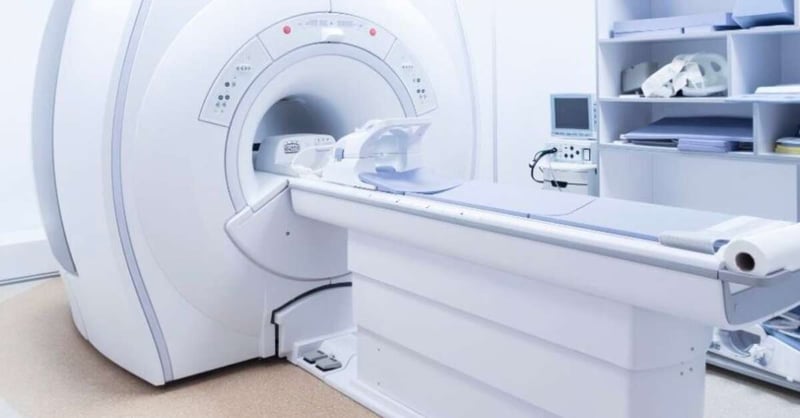Understanding Mammograms and Dense Breast Tissue - What You Need to Know
Written by: Josh Maraney Save to Instapaper
Introduction:
Mammograms are a critical tool in women’s healthcare, aiding in the early detection of breast cancer. If you’re seeking “mammograms near me,” it’s likely you understand the importance of regular screenings. However, you might have heard the term “dense breast tissue” and wonder what it means for your health. Let’s delve into the significance of mammograms and how dense breast tissue affects your screenings.
The Importance of Mammograms:
Mammograms are specialised X-ray exams designed to identify breast abnormalities, such as lumps or masses, which could indicate the presence of cancer. Early detection through regular mammograms significantly improves the chances of successful treatment and enhances overall survival rates. They are recommended annually for women starting at age 40 or earlier if they have a family history of breast cancer.
Understanding Dense Breast Tissue:
Dense breast tissue refers to the presence of more glandular and fibrous tissue in the breasts and less fatty tissue. This can make it more challenging to detect abnormalities on a mammogram, as both dense tissue and potential cancerous masses appear white on the X-ray. As a result, cancers can be hidden or masked by the dense tissue, making it important to be vigilant about monitoring breast health.
What It Means for Your Screening:
If you’ve been informed that you have dense breast tissue, your healthcare provider is simply describing the composition of your breast tissue based on the mammogram results. Dense breast tissue is common and not abnormal in itself. However, it’s crucial to be aware of it because it might affect the accuracy of mammogram readings.
Next Steps:
Regular Mammograms: Continue to have regular mammograms as advised by your healthcare professional. They remain the gold standard for breast cancer screening.
Additional Screening: Depending on your breast density and other risk factors, your doctor might recommend additional imaging tests, such as ultrasounds or MRI scans, to complement mammography and improve detection rates.
Communication: Maintain open communication with your healthcare provider. Discuss any concerns you have, and ask questions about your breast density and its implications on your screening process.
Conclusion:
Mammograms are a vital tool in the early detection of breast cancer, enabling timely treatment and better outcomes. If you’ve been told you have dense breast tissue, it’s essential to understand its implications on mammogram accuracy and potential need for additional screenings. By staying proactive in your breast health, you empower yourself with the knowledge needed to make informed decisions and prioritise your well-being. Remember, regular screenings and open communication with your healthcare provider are key components of a proactive approach to breast health.
Top Click is one of South Africa’s leading full-service digital marketing agencies. Our custom-built, cutting-edge solutions are targeted to help you attract customers, convert leads and grow your business. From SEO and Google Ads to social media marketing and digital design, our measurable marketing campaigns deliver results – and ensure that, in a cluttered online marketplace, you rise above the rest.
Latest from
- Choosing the Right Wrapping and Sealing Equipment for Your Operations
- Why Transit Services Matter for Network Uptime
- What to Know Before Looking for Car Insurance
- How Radiology Software Streamlines Modern Imaging
- How to Find the Right Doctor Nearby Without the Stress
- Why More Shops Are Switching to POS Systems
- What You Should Know About B-BBEE Support for Your Business
- Why More People Are Choosing Canvas Prints for Their Walls
- Everyday Reasons to Print a Photobook
- Different Dust Suppression Solutions
- Lighting Your Home with Style and Ease
- Magnetic Equipment Used in Mining and Processing
- Enhancing Industrial Processes with Magnetic Separation
- Platters and Catering Options for Every Occasion
- Why a Soweto Tour Is Worth Adding to Your Plans
The Pulse Latest Articles
- Xlink: An Avant-garde, Purpose-driven Fintelco Driving Digital And Payments Interoperability On The African Continent (August 1, 2025)
- Success Is Just The Beginning For This South African Brand (July 31, 2025)
- Embassies Business Fair And Conference 2025 To Fast-track Africa’s Global Economic Integration (July 31, 2025)
- There Is A Small Business Funding Readiness Crisis In South Africa (July 30, 2025)
- Young Achievers Shine At The Top Of The Growthpoint Gems Class (July 30, 2025)
